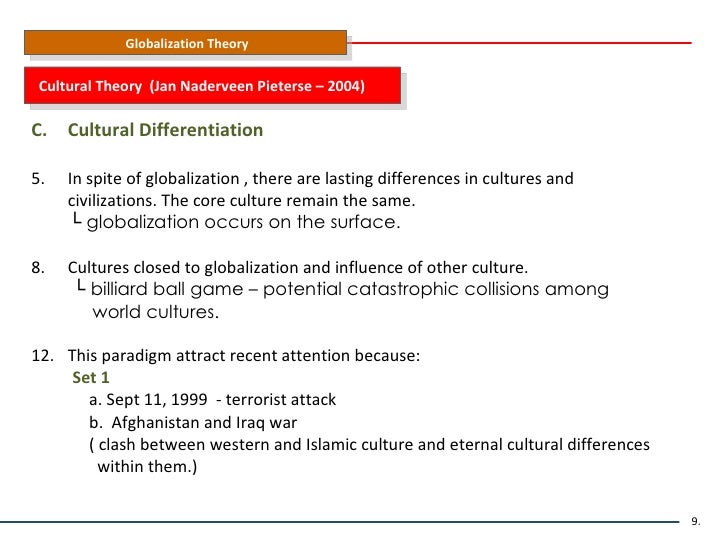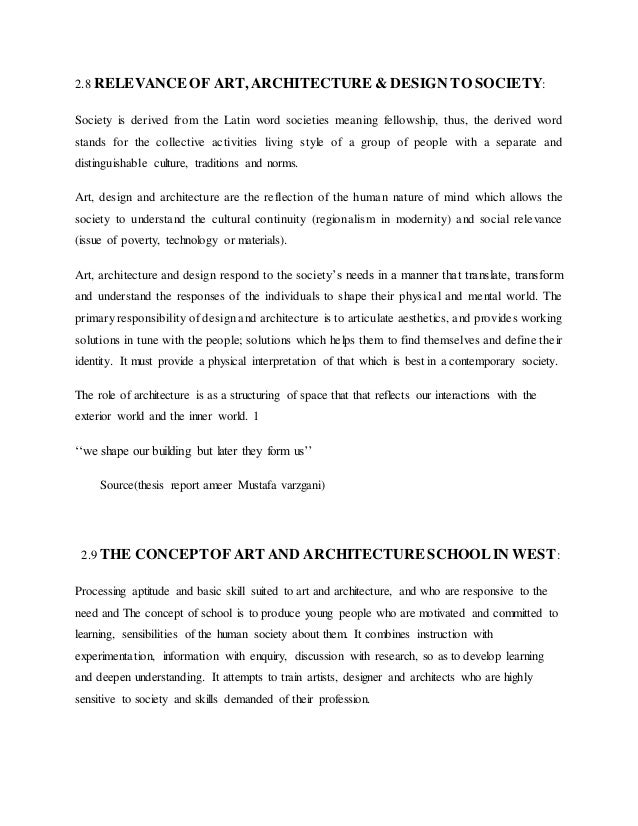Anthony Muhammad Transforming School Culture Pdf Free
Staff Division by Anthony Muhammad. Transforming School Culture provides a framework for. Transforming School Culture: How to Overcome Staff Division—Study Guide. Buy Transforming School Culture. Transforming School Culture: How to Overcome Staff Division Kindle. Anthony Muhammad contends that in.
Transforming School Culture provides a school improvement plan for leaders to overcome staff division, improve relationships, and transform toxic cultures into healthy ones. Anthony Muhammad contends that in order to transform school culture, we must understand why teachers continue to hold on to models or beliefs contrary to those put forth by their school or district. He explores the human behavior, social conditions, and history that cause the underlying conflict among the four different types of teachers in a school. The second edition of this best-selling resource delivers powerful new insight into the four types of educators—Believers, Fundamentalists, Tweeners, and Survivors—and how to work with each group to create positive school culture. The book also includes Dr. Anthony Muhammad’s latest research as well as a new chapter dedicated to answering frequently asked questions on school leadership, culture, and more.
How this new edition can help you create a positive school culture:. Study the author’s research and observations of 34 schools—11 elementary schools, 14 middle schools, and 9 high schools—and how each school’s staff supported or hindered student achievement. Consider the characteristics of positive school cultures and how your school’s culture and climate may differ.
Learn how ESSA, CCSS, and NCLB impact teachers and school culture. Understand why teachers must work together to improve student performance. Obtain tips for creating a healthy culture and producing synergy in schools.
Solution Tree
Contents: Introduction Chapter 1: From Status Quo to True Reform Chapter 2: The Framework of Modern School Culture Chapter 3: The Believers Chapter 4: The Tweeners Chapter 5: The Survivors Chapter 6: The Fundamentalists Chapter 7: “Drop Your Tools”: A Lesson in Change and Our Best Chance at Eliminating Fundamentalism Chapter 8: Implications for Practice Chapter 9: Frequently Asked Questions Appendix: Study Design References and Resources Index.
In preparation for about the actions that school leaders can take to overcome staff division, I've taken some time to review his new book Transforming School Culture, after logging in to Solution Tree's website. ( free registration required) Here are my thoughts: One of the lessons that I think I've learned the hard way is that I'm just plain horrible with people.
I don't know what it is, but I can't figure 'em out! And it's ain't for lack of trying, that's for sure!
I mean, I've read nearly everything written in the last few years about relationships. I've been Covey-ed—-questing to understand the —and Grenny-ed in order to master and.
Anthony Muhammad
I've had my, embraced my, and studied the all in a futile attempt to move from. By Unfortunately for me, being good with people in this profession is a game changer, isn't it? Those who learn to understand the inner workings of the teacher's mind are far more likely to lead successful schools than muddling misfits like me who face seemingly insurmountable conflicts at every turn. Which is why I'm completely jazzed to have had the opportunity to learn from Anthony Muhammad—a nationally recognized middle and high school principal who uses his new book to introduce readers to the kinds of teachers practicing on every hallway in America. According to Muhammad, every building has four different types of teachers working in concert—or conflict—with one another. The Believers: 'Believers are educators who believe in the core values that make up a healthy school culture. They believe that all of their students are capable of learning and that educators have a direct impact on student success.'
The Tweeners: 'Tweeners are educators who are new to the school culture. Their experience can be likened to a 'honeymoon period' in which they spend time trying to learn the norms and expectations of the school's culture.' The Survivors: 'Survivors are the small group of teachers who are 'burned out'—so overwhelmed by the demands of the profession that they suffer from depression and merely survive from day to day.'
The Fundamentalists: 'Fundamentalists are staff members who are not only opposed to change, but organize to resist and thwart any change initiative. They can wield tremendous political power and are a major obstacle in implementing meaningful school reform.' (Muhammad, p. 29) Muhammad goes on in Transforming Schools to introduce each teacher type in greater detail.
Readers learn that Believers are passionate and progressive, but oddly passive when it comes to challenging colleagues to improve. While they are essential to the successful implementation of any change effort, Believers (including apparently accomplished fellas like me) need structured opportunities to learn the skills of agency and influence. Tweeners are caught in the middle of philosophical battles fought between Believers and Fundamentalists—at once inspired by the new ideas but susceptible to cynicism. As Anthony writes, transforming school cultures is simply impossible in buildings where Tweeners aren't carefully nurtured: 'The future of our schools is in jeopardy if we cannot create a system that protects and grooms our Tweeners into the type of educators who will achieve longevity in the field and adopt the types of philosophies and practices that increase student learning.' (Muhammad, p. 53) Finally, Muhammad argues that Fundamentalists are the most complex group in any building because they resist change for a range of reasons.
Some simply need more information before buying in to decisions while others suffer from an underlying lack of trust in leadership. Many suffer a crippling sense of emotional insult developed in response to our nation's new insistence on 'accountability for results.' Regardless of reason, Fundamentalists pose the largest barrier to change for any school. As Anthony explains: 'Fundamentalists are the vanguards of tradition and the protectors of the status quo. They are relentless in their attempts to discourage change and protect a system that has allowed them to function and thrive, and they organize to protect this traditional way of practiceThey view change itself as an enemy; therefore, anyone who challenges the system is a threat to the system and a threat to the Fundamentalists.'
(Muhammad, p. 61) Successfully transforming schools, then, depends on leaders who understand the mix of educators working within their buildings and then providing the kinds of supports necessary for moving each group forward in harmony. Sounds simple, doesn't it. Of course it's not.

Change in any human organization is a complex process that can take years to successfully orchestrate. But change starts with awareness of current realities—-and Muhammad's book provides a much needed language for understanding the range of practitioners working in our classrooms. As such, it is a valuable read for anyone struggling to transform the culture of their schools and communities. Remember, you can access a full copy of and then interact with Anthony from May 13-16th in a Voicethread presentation found here on the Radical.

Spread the word. This is another conversation that is too important for anyone interested in the success of schools to overlook.
Muhammad, A (2009). Transforming school culture: How to overcome staff division.
Bloomington, IN: Solution Tree. 5 thoughts on “ A Review of Transforming School Culture”. Vernon Bill, Your rdview of Anthony Muhammad’s book is clear and to the point. I agree with the other comments that you really are a teacher leader. As was stated, school change occurs through a collective effort from everyone. Teacher leadership is my interst.
I wonder what it would really take for the building principal to help teachers become truly aware of Muhammad’s four teacher types and help them use these types to work together to improve student learning? Can any of these types be applied to the school principal? If so, would lack of self-awareness by the principal be the reason why this approach may not work?. Adam Bill, First, let me say that I applaud you for putting yourself out there like this and recognizing that you need to grow in this area. I agree with Dina that you have the ability to impact so many people in the education circles. You are a great writer and think deeply about the work that you do. When I talk to groups of educators I always talk about you and the work that you are doing in the classroom.
I also know that you are not a teacher leader in your own building. If I had to take a guess at why this is I would say it is because you expect A LOT from everyone. There is nothing wrong with this, but you get disappointed when other teachers don’t “bring it” like you do every day or even pick up a book after a recommendation. I would suggest that you keep high expectations, but try to approach your role as change agent a little different. Muhammad is pointing out that teachers are at different points on the continuum of change and sometimes you must use the right questions and provide for time to help them make the right choices. I have had a lot of experience in this area and would love to continue the conversation with you.

Dina wrote: I’d hazard a guess that what you’re really writing about here is your perceived inability to create meaningful and lasting change within your local educational system There is definitely a measure of frustration with my inability to drive change in the local system, Di—-I’ve always had more of an impact beyond my building and district than I have had in my building or district—but I think a part of that can be tracked back to my simplistic understandings of human dynamics. Being influential beyond my school and district doesn’t depend nearly as much on meaningful relationships. People listen to me without really knowing me or working with me on a long term basis. Being influential within my school and district, though, completely depends on long-term relationships built interaction by interaction over time. They require real skill and patience to build—and while I can build those relationships with the people I’m closest to, I struggle with those who I only know tangentially. So in the end, I’m figuring that knowing more about human relationships will help me to be the local change agent I want to be. Does this make sense?.
Wow, Bill– you’re going to have to clarify this for me. Kids adore you, teachers look up to you, administrators and pundits revere your work, and yet you think you have poor people skills? The Wake County Teacher of the Year? I’d hazard a guess that what you’re really writing about here is your perceived inability to create meaningful and lasting change within your local educational system. Beyond questioning the validity of such a perception, I would also have to ask whether your lone crusader sensibilities are leading you far astray in your assessment of yourself.